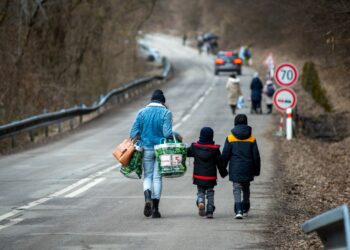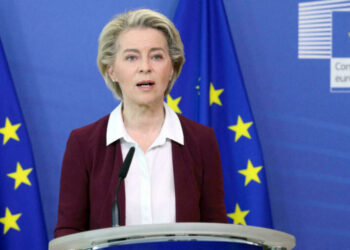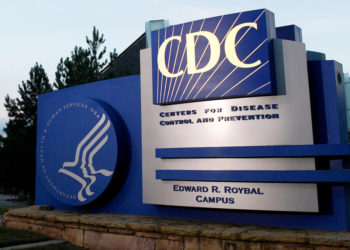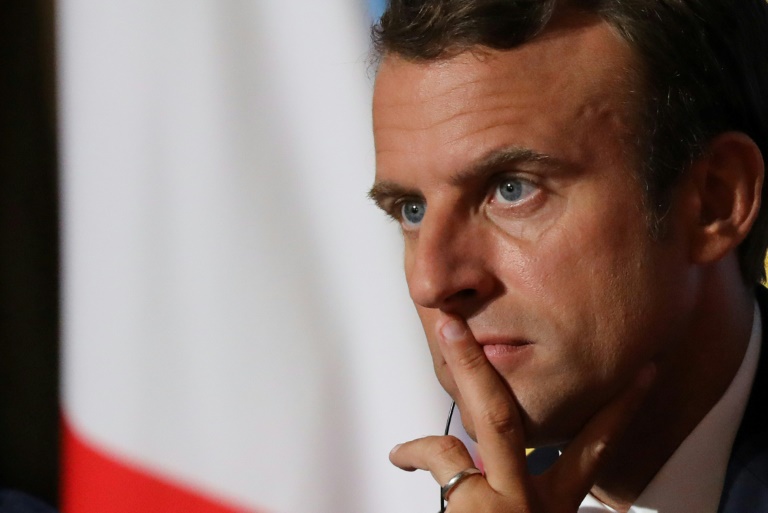Bickering EU leaders will try on Monday to get their deadlocked summit on a huge coronavirus rescue package back on track after a furious row about grants for member states threatened to derail it.
The 27 were to gather for another session of talks after three days and nights of prolonged wrangling failed to agree a 750-billion-euro ($860-billion) bundle of loans and grants to drag Europe out of the recession caused by the pandemic.
If, as expected, the talks continue again through another night, a meeting that was scheduled for only two days will be the longest EU summit since an 85-hour marathon in the French city of Nice in December 2000.
Back in the hotel after a long day of negotiations on the #MFF and #RecoveryInstrument. There has been movement in the right direction, but there is still a long way to go tomorrow.
— Sebastian Kurz (@sebastiankurz) July 18, 2020
The group is divided between the coalition of “Frugals” — the Netherlands, Sweden, Austria, Denmark, and Finland — which has sought to cut the size of the package and impose strict rules on how it is used — and virus-ravaged powers like Italy and Spain seeking European support.
France and Germany are backing efforts by European Council president Charles Michel to broker a compromise by cutting the grant portion of the deal to 400 billion euros — down from his initial proposal of 500 billion — and raising the loan part to 350 billion, up from 250 billion.
But France’s President Emmanuel Macron has clashed personally with the Netherlands’ Mark Rutte and Austria’s Sebastian Kurz, accusing them of putting the entire European project in danger through their “egotism” and threatening to storm off if they do not listen to his advice and that of Germany’s Chancellor Angela Merkel.
Very Close
Rutte told reporters he had come to the summit to take care of his own country, not make friends with other leaders and “go to each other’s birthdays” — Merkel turned 66 on Friday, the first day of the talks — but said that, despite the tension, a deal was “very close.”
“We haven’t yet found the way through, and it could still fail, but I’m more optimistic than I was last night when, at one moment, I told myself, ‘It’s over’,” Rutte told reporters.
Leaving the talks just after dawn on Monday, Macron said “it’s not over, but it’s tough” and back in Paris his economy minister Bruno Le Maire declared that “a deal is possible and a deal is necessary.”
We need an agreement that gives us the means to overcome the crisis and prepare Europe for the future. #EUCO pic.twitter.com/rkeq0mU7Yo
— Ursula von der Leyen (@vonderleyen) July 20, 2020
According to witnesses, at one point Macron thumped the table, berated Kurz for leaving to take a call and accused Rutte of behaving like former British premier David Cameron — who took a hard line at EU summits but ended up leading his country into a referendum to quit the bloc.
In a bid to break the deadlock, Michel came up with a new proposal on Monday morning, which a diplomat said could be a “route to a deal.” “A plan with 390 billion in grants but smaller rebates for the Frugals,” a European official explained.
In a promising sign for Michel’s new plan, Kurz tweeted his approval. “Tough negotiations have just come to an end, we can be very satisfied with today’s result,” he wrote.
But, speaking to journalists, he also reflected on Macron’s aggressive stance. “It’s understandable that some people, when they don’t get enough sleep, end up losing their cool, and we respect that. All’s well that ends well,” he said.
Emergency brake
Rutte wants member states to have a veto on national economic plans by the likes of Italy and Spain, in order to oblige them to pursue reforms to borrowing and their labor and pensions markets — an effort that was angrily resisted by Italy. Michel has proposed a “super emergency brake” system to allow members to examine grant handouts.
Meanwhile, another obstacle is looming. Hungary’s hardline premier Viktor Orbán accused Rutte of waging a personal vendetta against him and his country — and vowed to prevent any agreement on efforts to tie EU spending to recipient countries’ respect for EU standards.
























